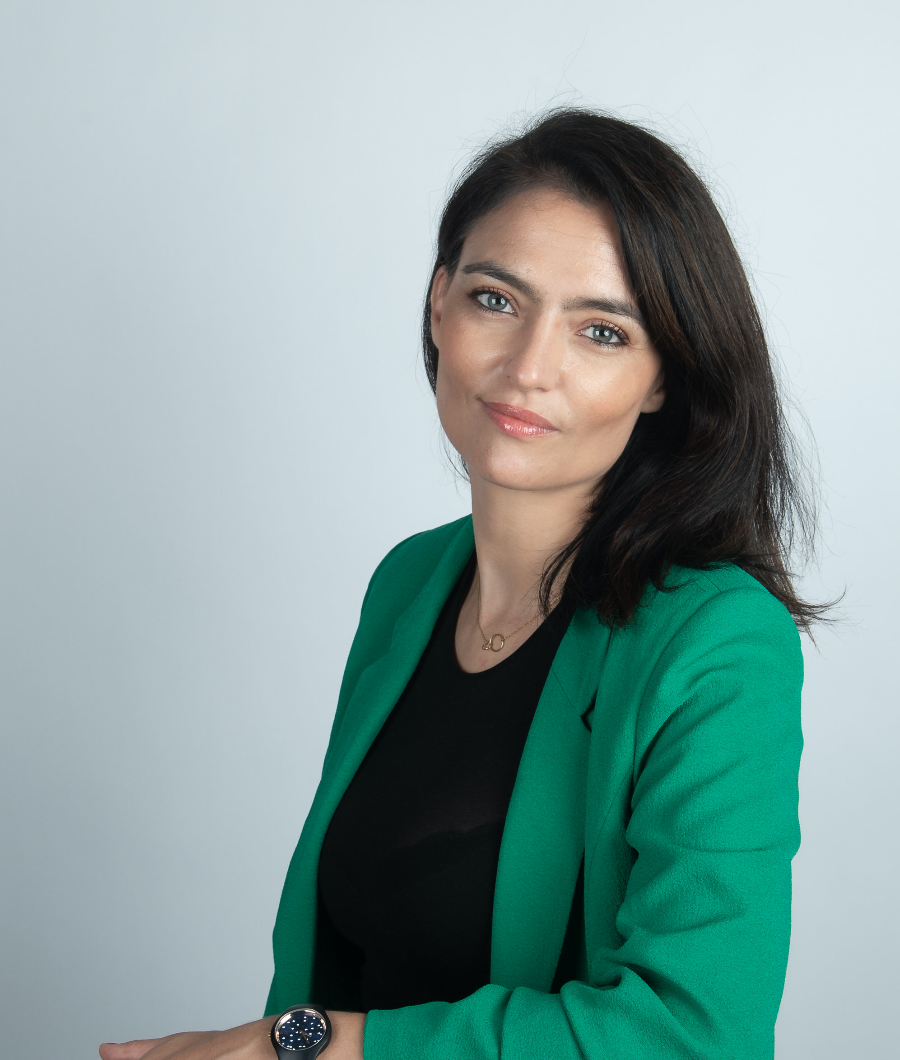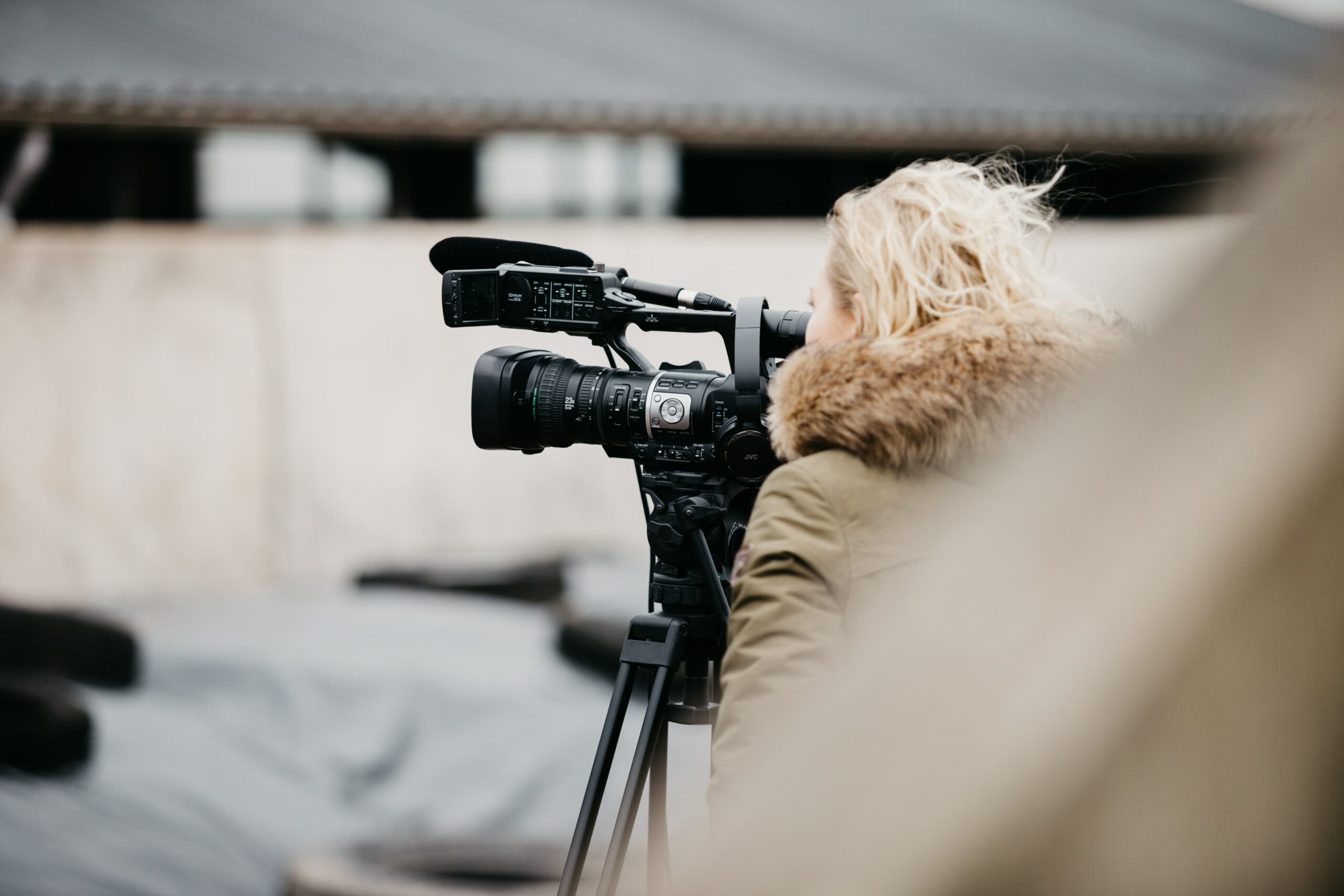April 3, 2023
Online abuse: when newsrooms fight back
Assembly Fellow Elodie Vialle joins a panel discussion at the International Journalism Festival to address how newsrooms can protect journalists from online abuse.

Elodie Vialle is a journalist working at the intersection of Journalism, Technology, and Human Rights. She is a Berkman Klein Center Affiliate, a Consultant on Digital Safety and Free Expression at PEN America, a Member of the Coalition Against Online Violence, and a Member of the Journalism Safety Research Network. As a press freedom defender focusing on online abuse of journalists, she has a unique holistic approach to the topic; producing research, resources for journalists, and emergency protocols for newsrooms, training international journalists, engaging with social media platforms, academics, policymakers, and wider audiences. During her time with the Institute, Elodie will work on building an escalation channel and a system of individualized trauma-informed support for journalists in the midst of an attack on social media. Elodie was previously a Knight-Wallace Fellow at the University of Michigan and the Head of the Technology Desk at Reporters without Borders in Paris, where she monitored emerging threats undermining journalism and developed projects to defend the freedom of online information. As an international media consultant, she has supported newsrooms and journalists facing digital challenges worldwide for the last 12 years. Elodie began her career as a TV journalist. She was also the Editor-in-chief of an online media dedicated to social innovation and hosted a program on change-making initiatives at the national French radio France Inter.
Twitter: @elodievialle
Journalists and human rights defenders particularly women and people from marginalized groups experience online abuse at alarming rates. Building off of a recent workshop and closed-door discussions with industry experts, Elodie Vialle worked to address this issue with the Escalation Channel 2.0, a third-party system that allows professionals facing severe online abuse to raise their case within social media platforms while simultaneously accessing hands-on, trauma-informed support. This culminated in a long-form working session with Meta, civil society organizations, and academic institutions, focused on developing discrete interventions and updates to Metas existing journalism resources.

April 3, 2023
Assembly Fellow Elodie Vialle joins a panel discussion at the International Journalism Festival to address how newsrooms can protect journalists from online abuse.

December 1, 2022
How can online technologies evolve to provide better safeguards to journalists? PEN America and RSM hosted an interdisciplinary workshop with reporters, academics, civil society experts, and platform representatives to brainstorm solutions.
October 5, 2023
Employee Fellow Nadah Feteih and alum Elodie Vialle co-author this article on Tech Policy Press urging platforms to collaborate more closely with marginalized communities in order to effectively address online harms.